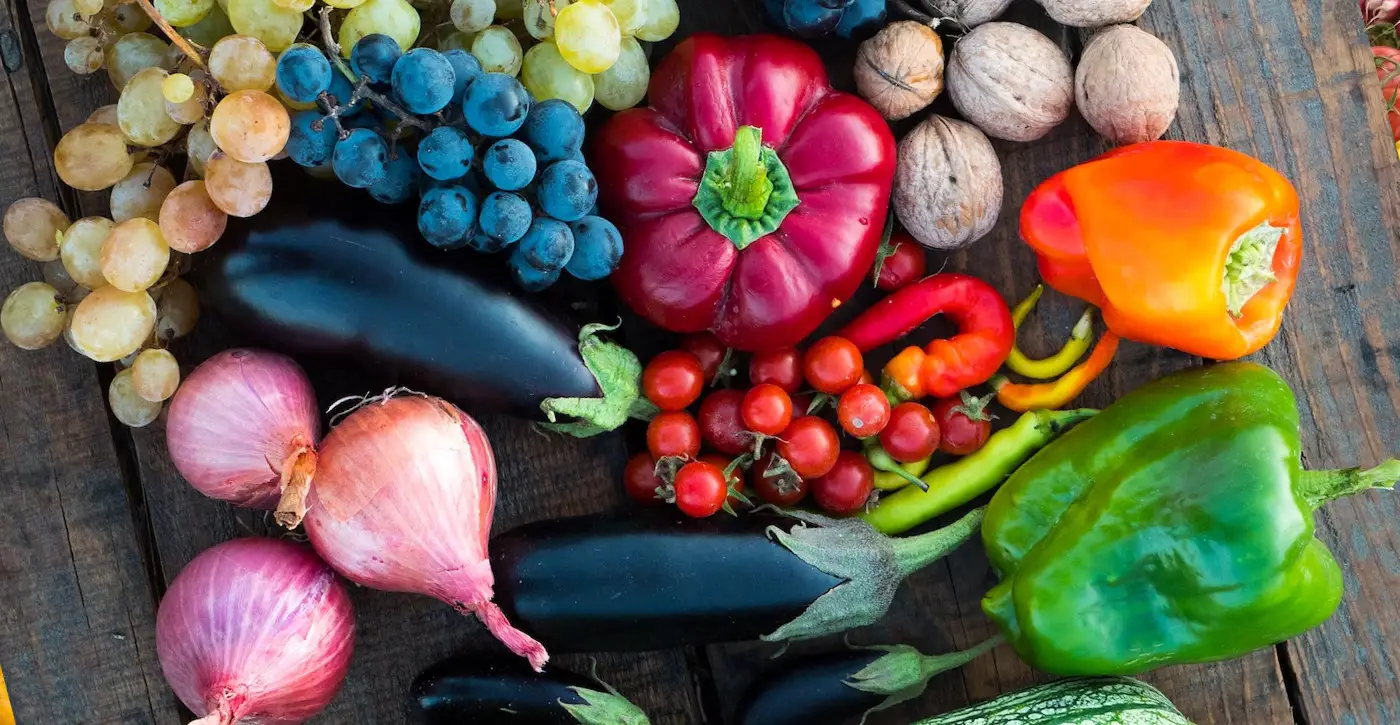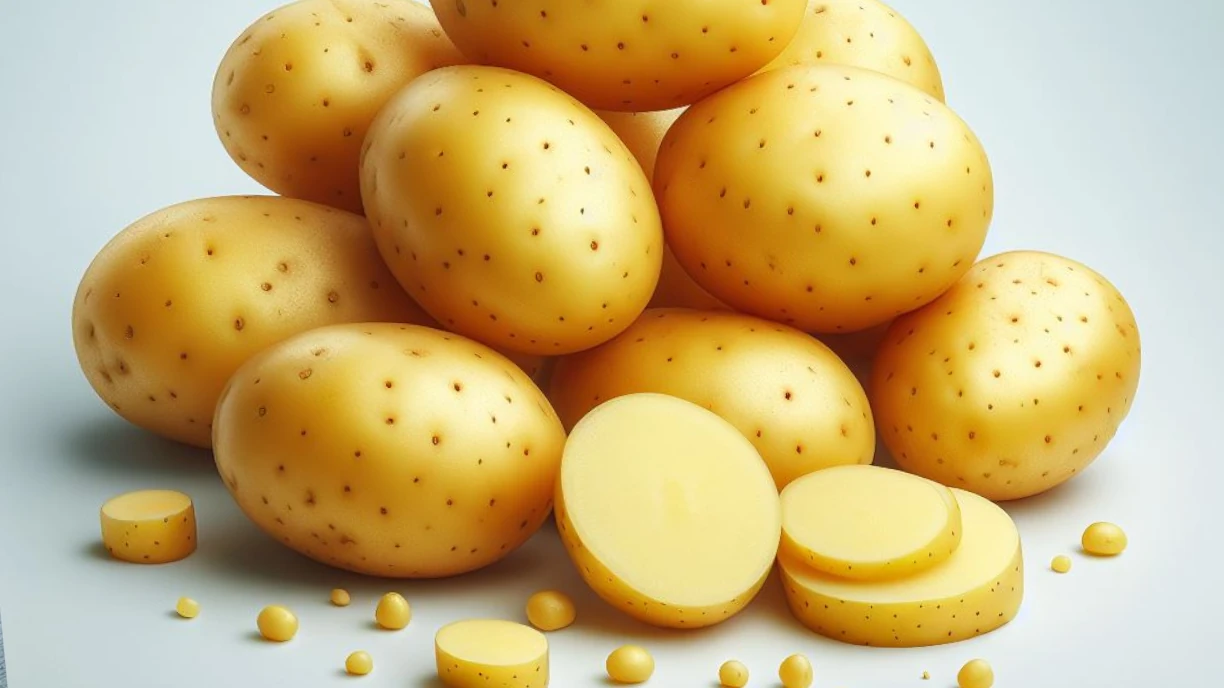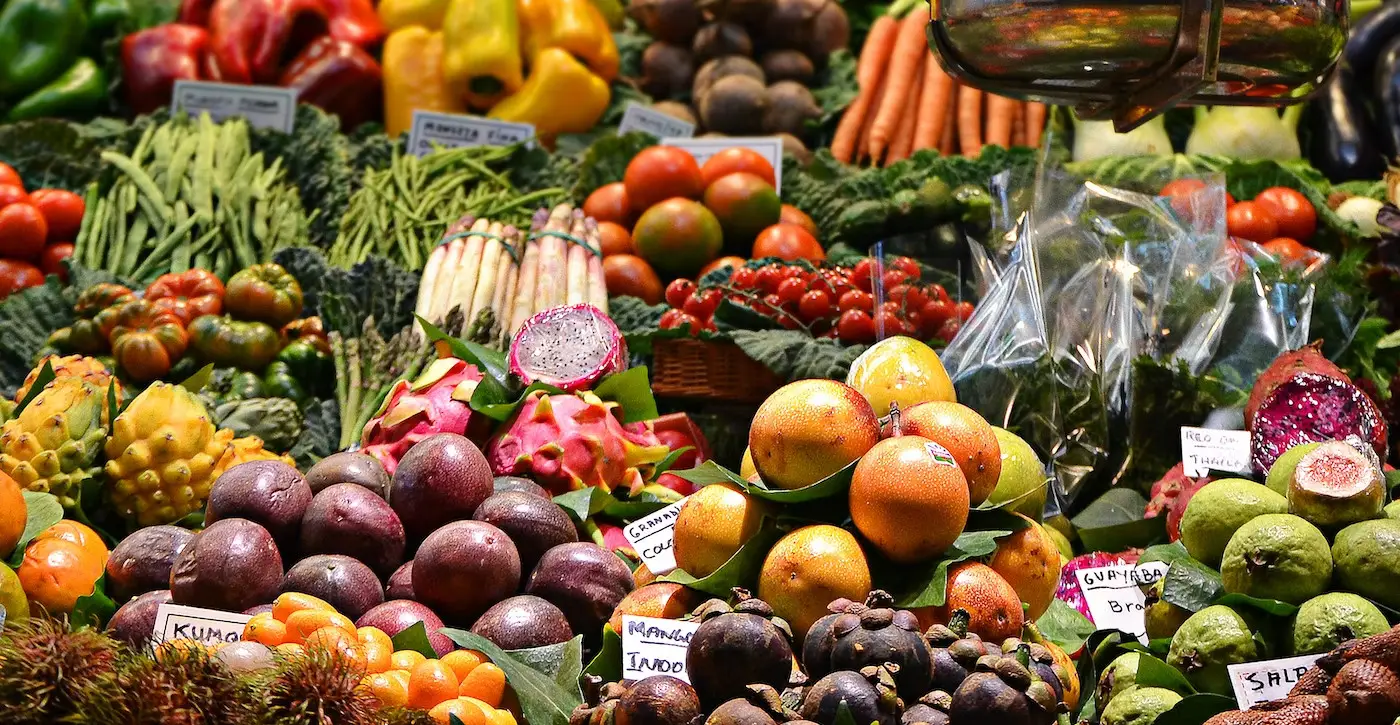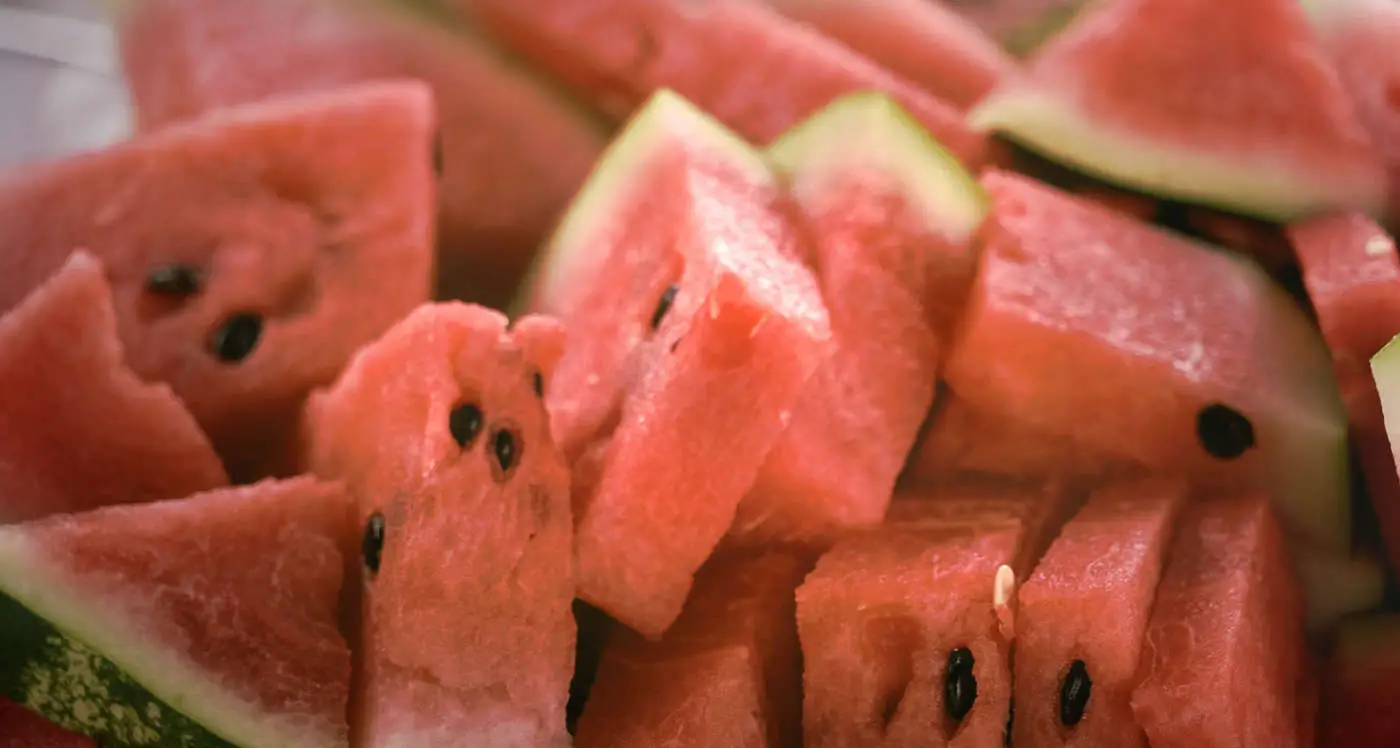Bell Peppers Lysine and Arginine Info Sheet
Overview
Bell peppers are sweet, crunchy vegetables that come in a variety of colors and shapes.They are rich in vitamin C and antioxidants, which are beneficial for overall health.
Bell peppers can be enjoyed in a variety of ways. They can be eaten raw, cooked, roasted, or stuffed, and are a common ingredient in various cuisines and dishes, such as salads, stir-fries, soups, and sauces.
| Name | Lysine (mg/100g) | Arginine (mg/100g) | Ratio |
|---|---|---|---|
| Bell Peppers | 38mg | 42mg | 0.905 |
Bell Peppers contains 38mg of Lysine and 42mg of Arginine per 100g of product.
This means Bell Peppers has a neutral Lysine-Arginine ratio of 0.905.
Because Bell Peppers has a neutral ratio of lysine and arginine, it does not have a significant impact on people who suffer from herpes, as it does not affect the viral activity.
Lysine Considerations
Bell peppers contain 38 mg of lysine per 100 grams of food. Lysine is an essential amino acid that plays a crucial role in protein synthesis, collagen formation, and immune function.
However, bell peppers are not a significant source of lysine.
Lysine can help prevent or treat cold sores, which are blisters caused by the virus HSV-1, also known as herpes.
Lysine works by blocking the growth of HSV-1, which needs another amino acid called arginine to multiply and infect cells.
Lysine can only be obtained through diet, and can be found in multiple high-protein foods like dairy products, fish, eggs, meat and poultry.
Arginine Considerations
Bell peppers contain 42 mg of arginine per 100 grams of food. Arginine is a semi-essential amino acid that is involved in several physiological processes, including nitric oxide production, wound healing, and blood pressure regulation.
Despite these benefits, bell peppers are not a significant source of arginine.
Arginine can boost your health and performance, such as lowering your blood pressure, healing your wounds, and boosting your exercise endurance.
Arginine can be made by the body or obtained from foods like meat, dairy, nuts, and soy.
Unfortunately, the herpes virus is known to "feed" on arginine, and having a diet higher in arginine than lysine may increase the occurrence and severity of cold sores and herpes outbreaks.
Lysine-Arginine Ratio
Bell peppers have a lysine-arginine ratio of 0.905. This ratio is close to 1, indicating a somewhat neutral balance between these two amino acids.
Even though peppers contain slightly more arginine than lysine, this is unlikely to significantly affect the balance of these amino acids in the body.
Consumption of bell peppers is unlikely to have significant implications for conditions such as herpes simplex virus (HSV) infections, which require arginine for replication.
Both lysine and arginine are essential for protein synthesis and various other bodily functions.
They, however, have opposing effects on the herpes simplex virus, which causes cold sores and genital herpes.
Lysine can slow down the replication of the virus, whereas arginine can stimulate it.
Thus, a diet rich in foods with a high lysine to arginine ratio may help reduce the occurrence and severity of herpes flare ups.
Foods that have a high lysine-arginine ratio include milk, cheese and yogurt products, fish, poultry, fruits, and vegetables.
These foods can provide the body with enough lysine to compete with arginine and inhibit the virus from replicating and causing flare ups.
Dietary Considerations
Most vegetables are scarce in in calories and abundant in in vitamins, minerals, and antioxidants.
Many vegetables have more lysine than arginine, such as beets, turnips, tomatoes, soybean sprouts, potatoes, celery, sweet potatoes, squash, and green beans.
These vegetables can help prevent or treat herpes outbreaks, as lysine can suppress the herpes virus.
Other vegetables have more arginine than lysine, such as peas, carrots, broccoli, cauliflower, and mushrooms.
These vegetables can still be consumed in moderation, as they have other health benefits.
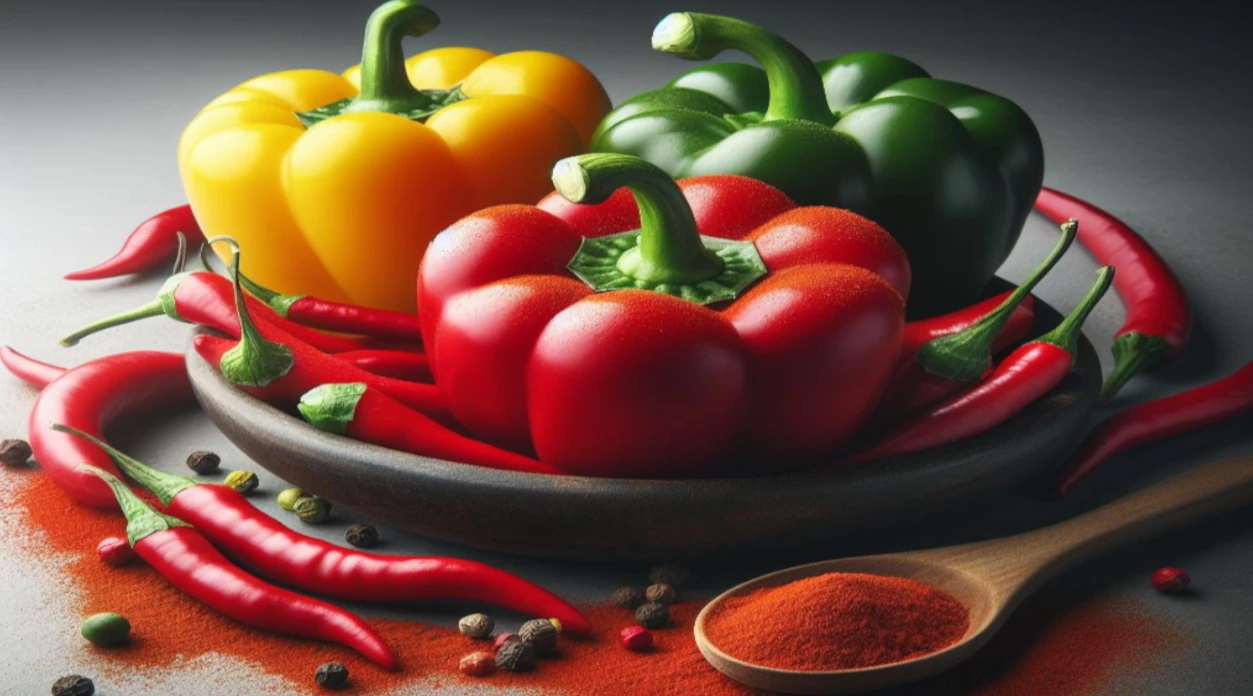
For example:
Make sure to drink plenty of water to keep yourself hydrated and eliminate toxins from your body.
Water can also help you avoid dryness and irritation of the skin and mucous membranes, which can lead to outbreaks.
Consider taking l-lysine supplements, which can help prevent herpes outbreaks and stop a cold sore before it emerges by limiting the availability of arginine for the virus, which it requires to produce a cold sore.
Your immune system can be weakened and inflammation can be increased by foods that can cause allergic reactions or sensitivities, such as gluten, dairy, nuts, eggs, or shellfish. Avoid these foods to avoid outbreaks.
Check more food information
